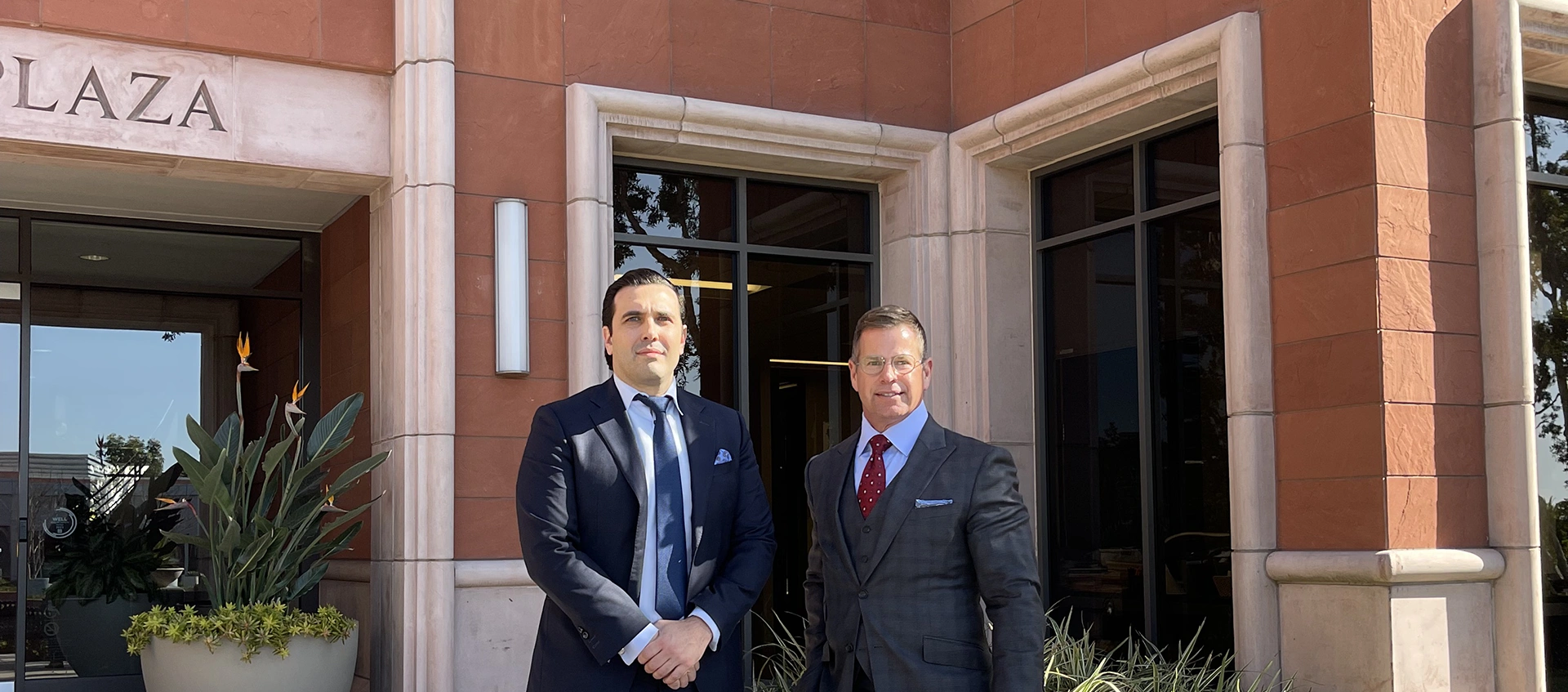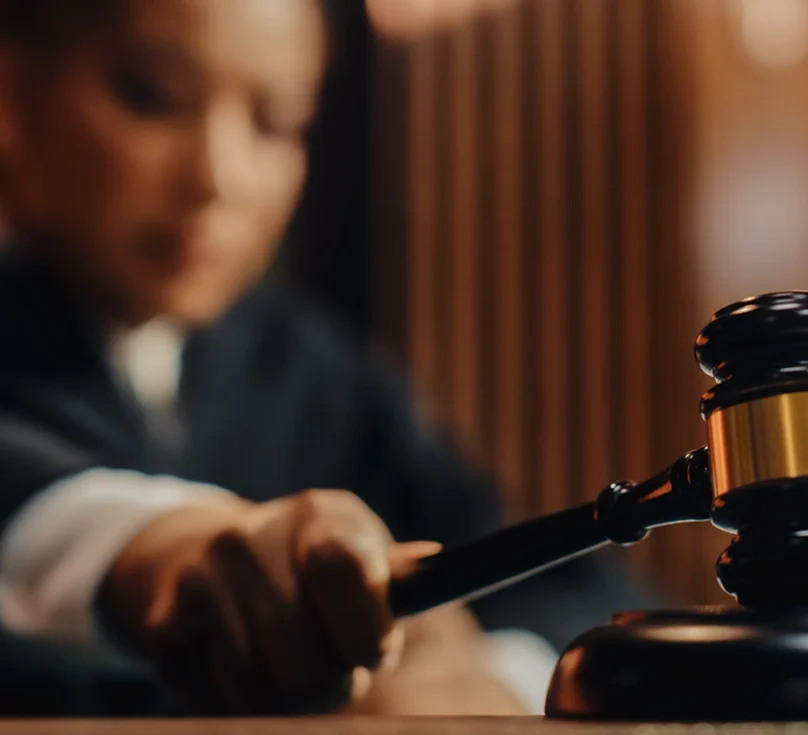Now after that, all of us have the following rights in any criminal matter.
- You have the right to confront and cross-examine any witness against you. Whether it is alleged victim or other witness, from police to civilians, you have the right to confront them and sit in the same room when they testify and have your lawyer ask them questions.
- You have the right to present a defense in your case.
- You have the right to use the subpoena power of the court free of charge, to summon witness and evidence to that court on your behalf. Not only do you get to provide and have witnesses brought to court, you also have the right to produce evidence. Whether it is documents, photographs, or other tangible items, that might tend to prove your innocence.
- In order to present that defense, a core layer is that you have the right to conduct an investigation. Any time you seek out a criminal defense team, make sure they are prepared to do any or all of the necessary investigation on your behalf. Trust me, law enforcement investigations is focused on proving you guilty, you need a team that is going to focus on proving your innocence.
- You have the right not to testify in any case if you choose not to. We also call that the right to remain silent. If you sit at council table during the jury trial and you elect not to testify, the court has to instruct the jurors, that the exercise of that right cannot be used against you. Keep in mind, in front of a jury, in any criminal matter, you as a defendant have the right to testify if you want to. And it is important for your criminal defense team to evaluate the benefits and drawbacks of you taking the witness stand. The fact of the matter is most people need to take the witness stand if they can and look over at that jury and plead their case to them personally. The connection with the jury can be critical to some clients in establishing their innocence and achieving a not guilty verdict.








